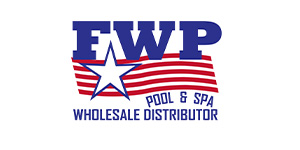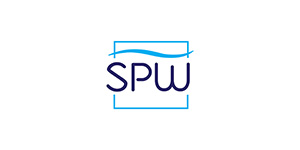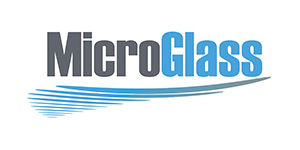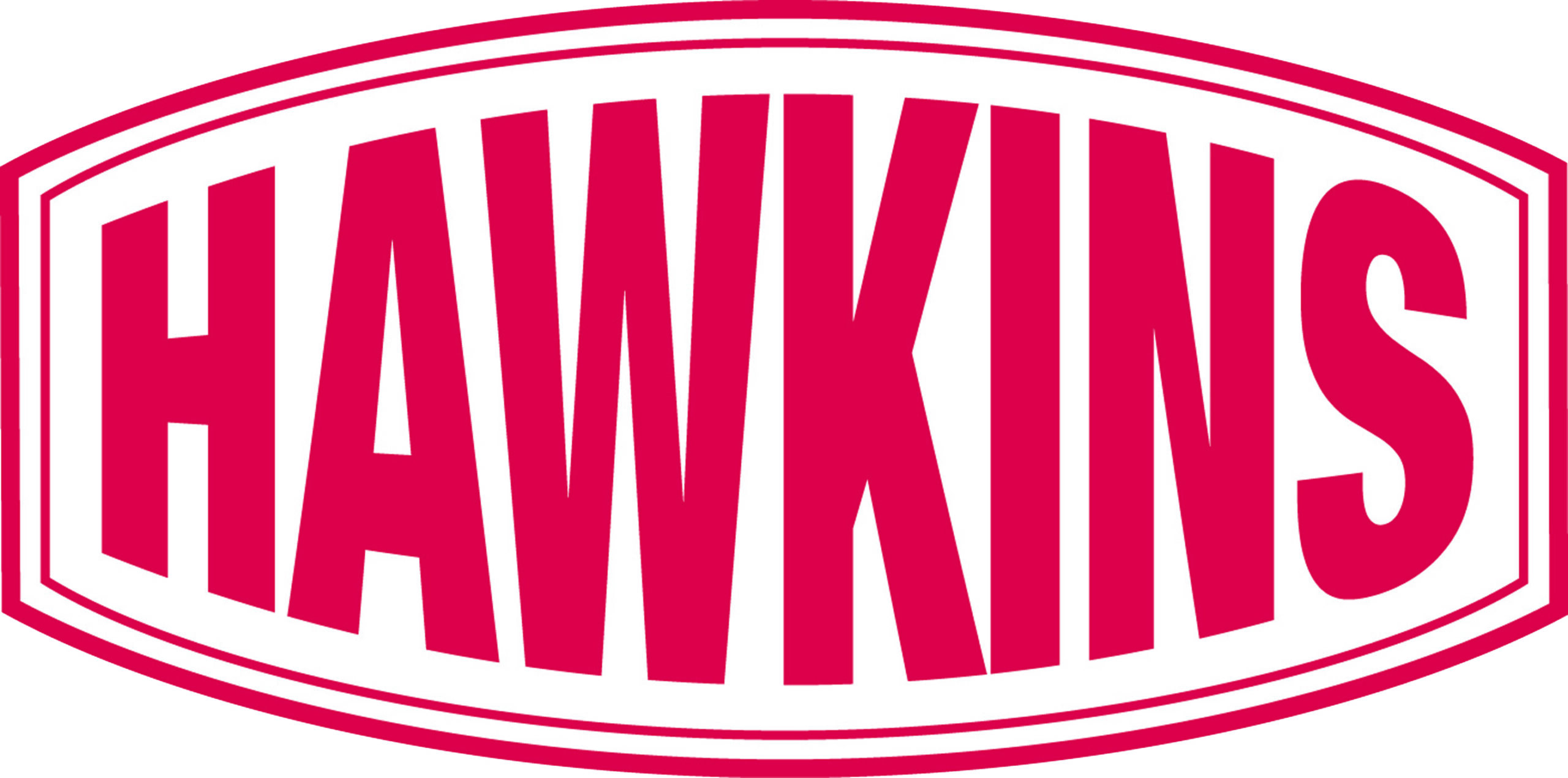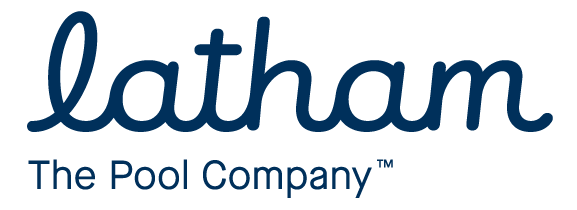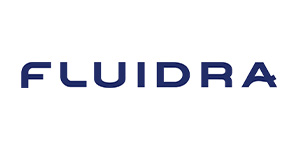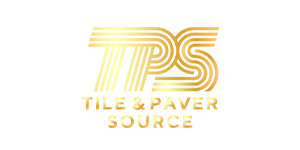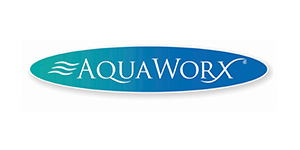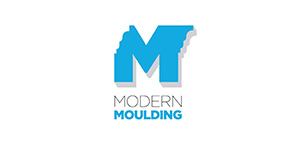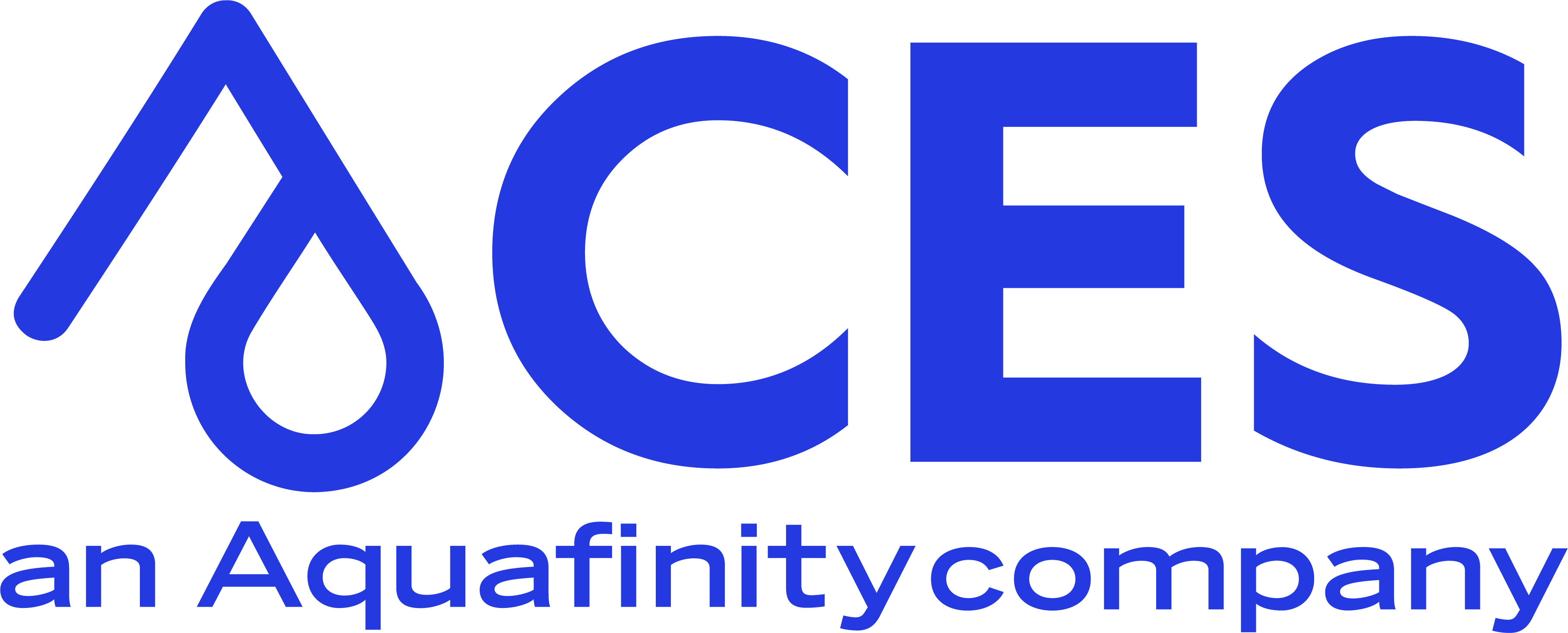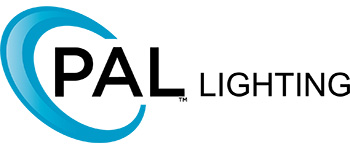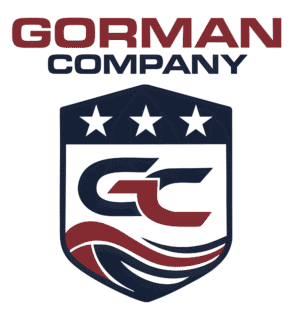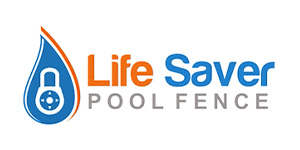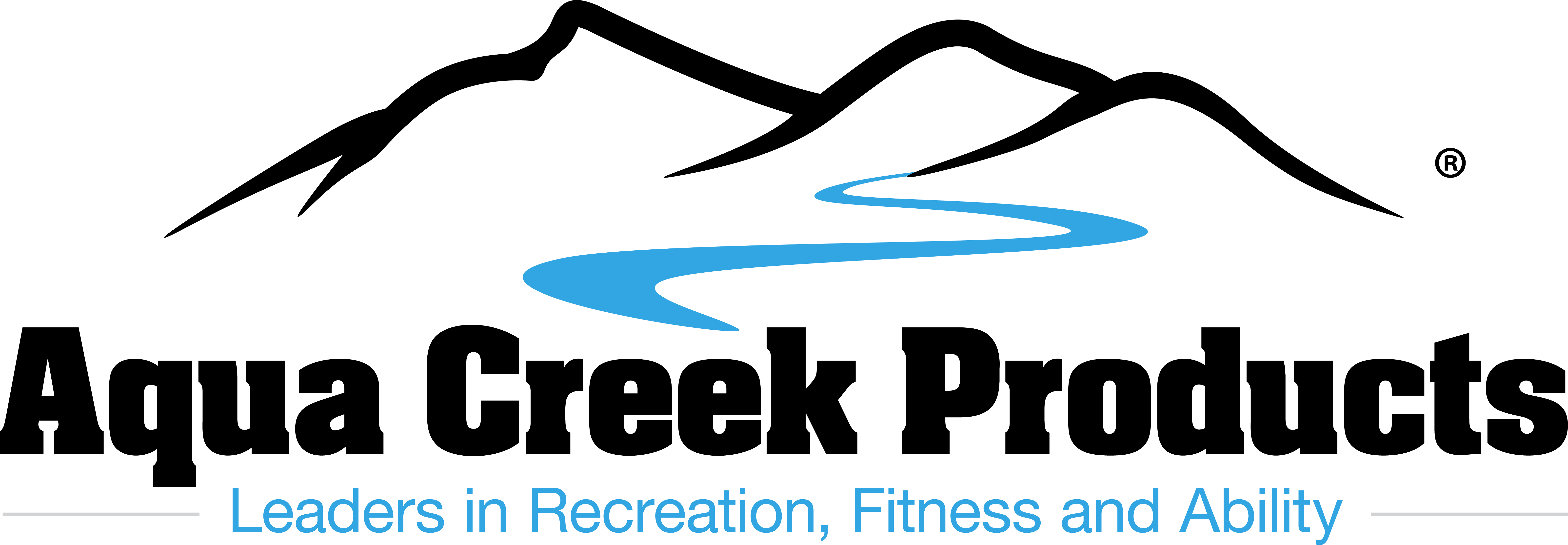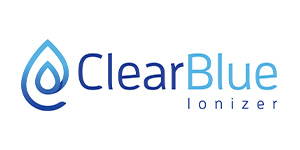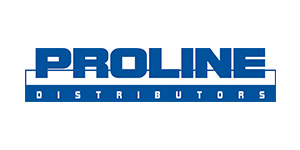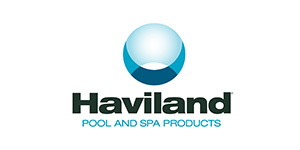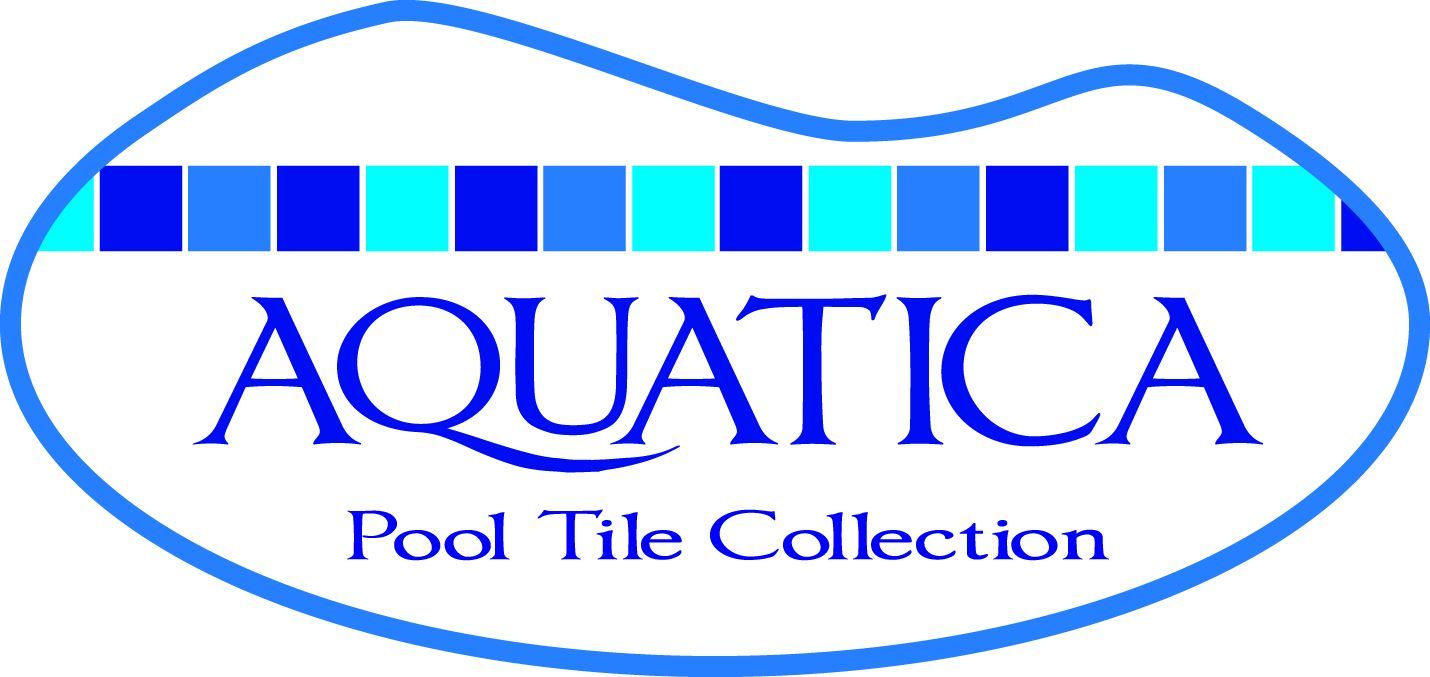 David Griffiths
David Griffiths
Insurance By Ken Brown
With Tropical Storms Bret and Cindy brewing, could this be the year the “hurricane drought” ends for Florida?
If so, are you prepared? Do you have enough insurance to to sustain both the physical damage to building and business personal property? How about financial burden? Loss of income, additional expenses to resume operations in temporary facilities, etc. can all be insured against. And they can also be expensive to absorb.
Hurricane season began on June 1. It has been more than a decade since a major hurricane (Category 3 or stronger storm) struck the United States. The last challenging year for Florida was 2004 when we had 4 storms between August 13 and September 26.
So are we due for a big hit? NOAA recently released its hurricane season outlook, which forecast a near-average number of storms for the Atlantic (includes the Gulf and the Caribbean). That’s 10-16 named storms, 4-8 hurricanes, and 1-4 major hurricanes. An average year has 12 named storms, six hurricanes, and three major hurricanes.
“The most common question (I get) is, ‘What is this hurricane season going to be like?'”, said Dr. Rick Knabb, the director of NOAA’s National Hurricane Center. But there remains plenty of uncertainty regarding El Nino’s possible development, and therefore, how much of an effect it could have on the hurricane season.
“If El Nino fails to launch, we may be too low with our numbers,” said Dr. Todd Crawford, chief meteorologist with The Weather Company.
The return period for a Category 1 hurricane is about 9-10 years. “In other words, if you stayed at a point, how often can I expect to see a Category 1,” said Jeffrey Medlin, the meteorologist in charge at the National Weather Service in Mobile. “So if you look at pure statistics, we’re due.”
Instead of focusing on the “what ifs,” those who know about hurricanes are turning their attention to getting the public ready for the next one.
Because there is one thing they know for certain: there will be a next one. “It’s a common phrase that I’ve heard: ‘it won’t happen to me’,” Knabb said. “I’ve even had family members say that to me, and they’re related to the hurricane center director.”
It’s human nature, but it also has a technical term. “It really comes from something called optimism bias,” said Dr. Laura Myers, the director of the Center for Advanced Public Safety at the University of Alabama. “About 80 percent of people feel like everything’s going to be OK. They think that it’s probably not going to happen. If it does happen to them it’s probably not going to be so bad. Even if there is a hurricane and it actually makes landfall, not everybody is going to be impacted by it,” Myers said.
Then there’s also the issue of inexperience. The coastlines are populated with thousands of new arrivals who maybe have never experienced a hurricane.
Myers said keeping the message out there is key. “You’ve got to say: this is what’s coming, this is what the potentials are and this is what we need to do to start getting ready,” she said.
“And what you’ve got to do is to remind them of what previous events have done. You’ve got to make it real in their mind of what the impacts were the last time these things happened. You’ve got to do that before the season starts. You’ve got to start triggering those memories.”
And it’s also important to think about what it would be like to go through a storm and be unprepared.
“There’s nothing worse than going through a hurricane warning and then the storm thinking, ‘I don’t have enough insurance’ or ‘I don’t have enough supplies,’ ‘I don’t know where to go.’ That’s the worst.”
Reality is that hope alone isn’t going to help you if it does turn out to be your turn to get hit. So, the two questions we pose today are as follows:
- Do you have a disaster plan for your business?
- Do you have enough insurance?






